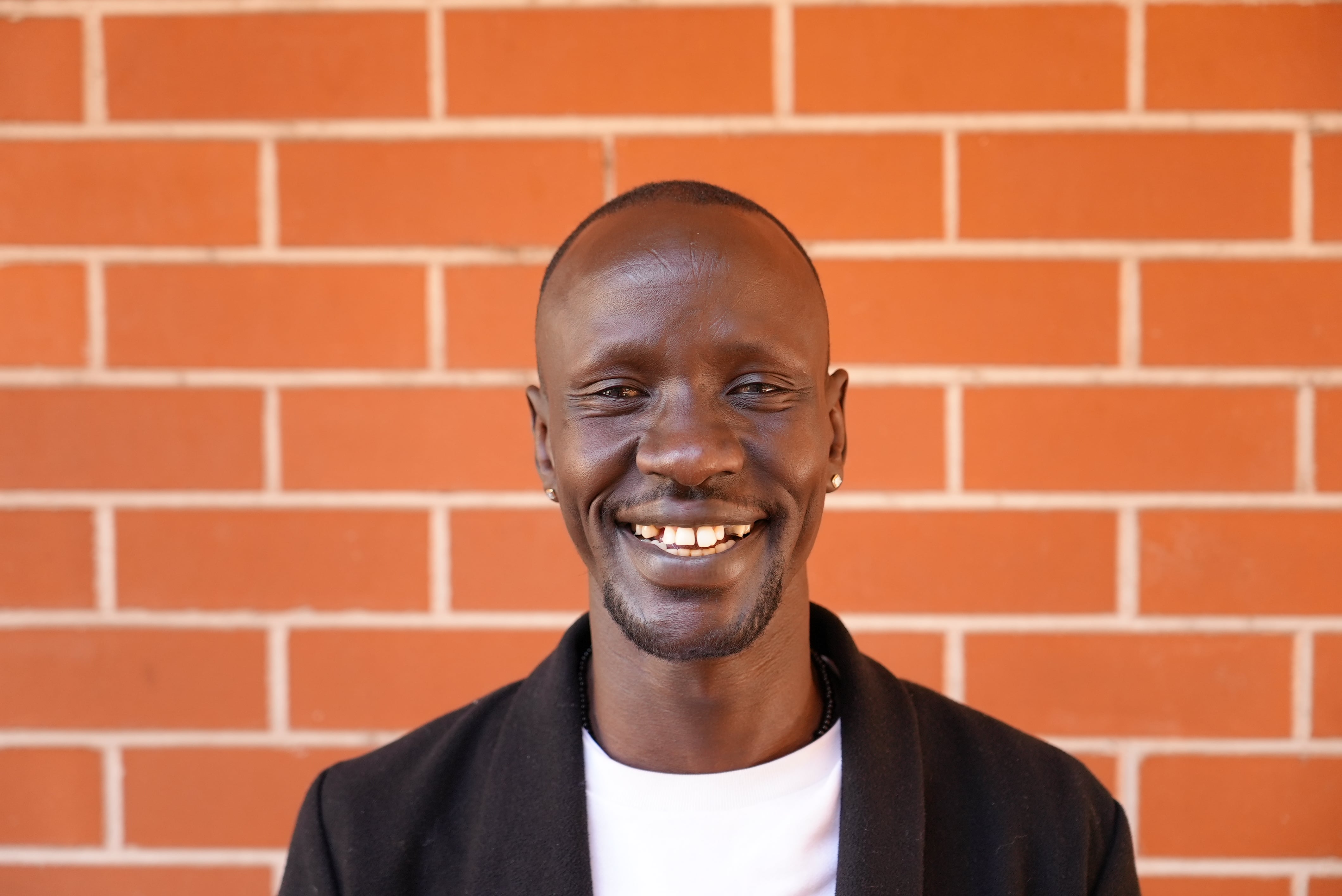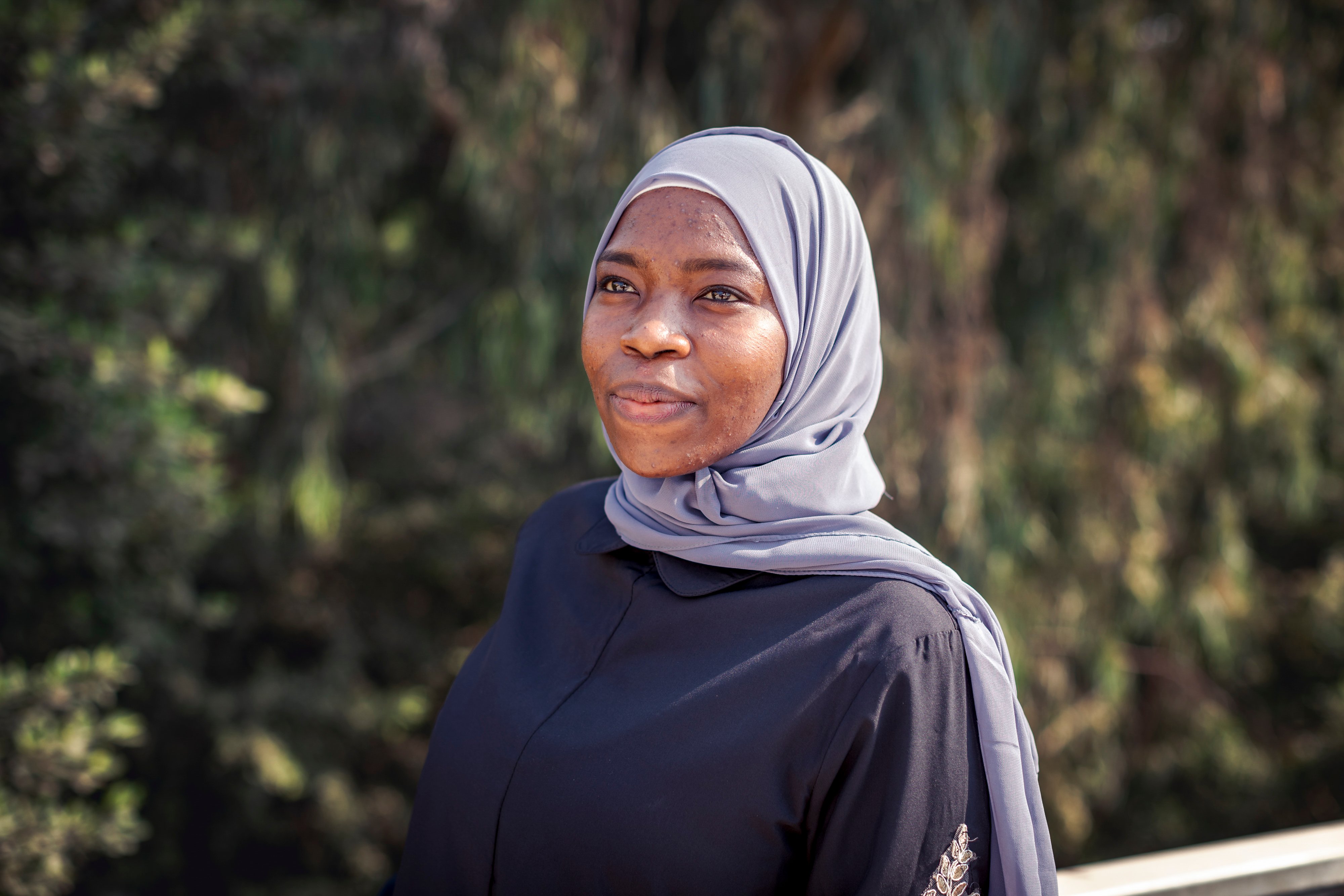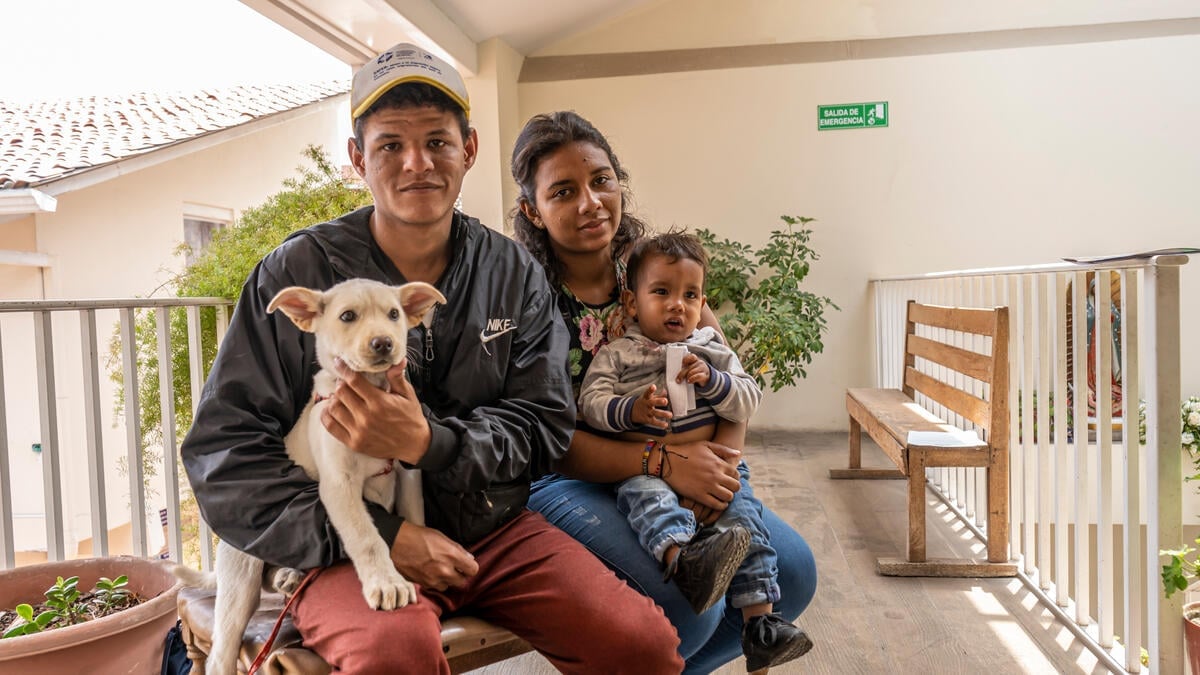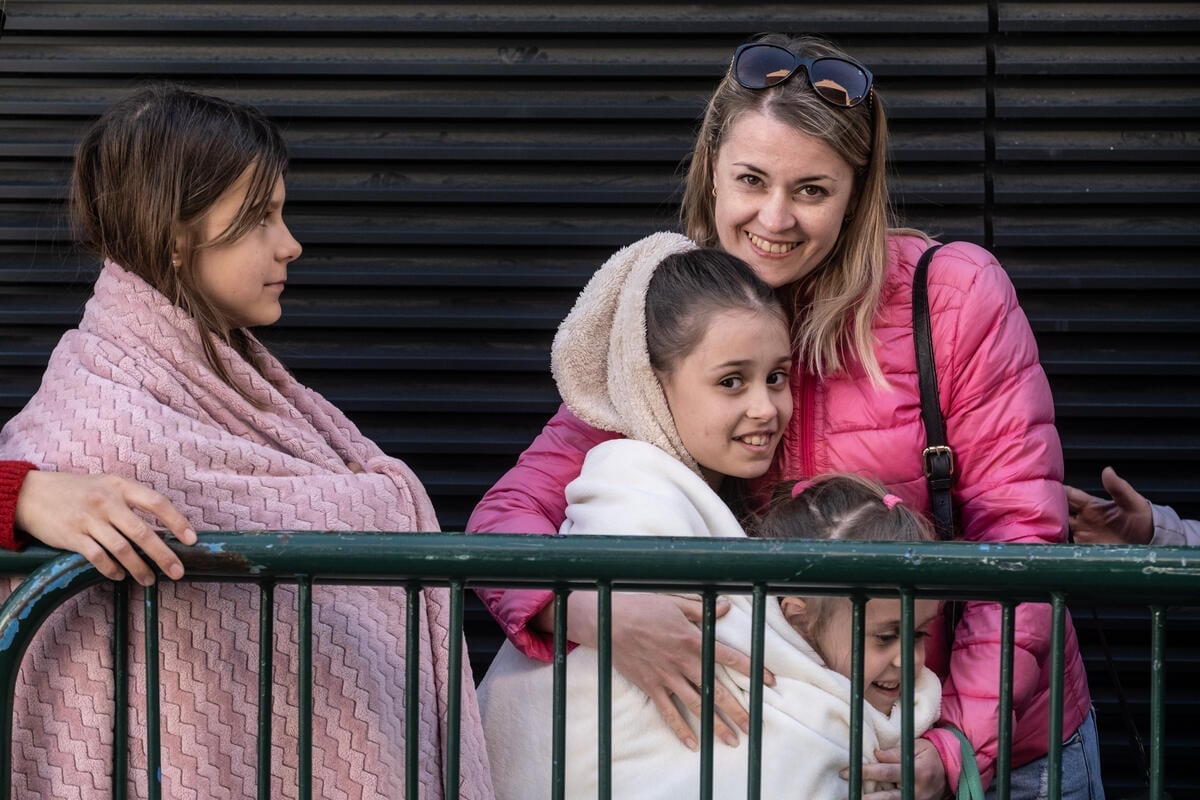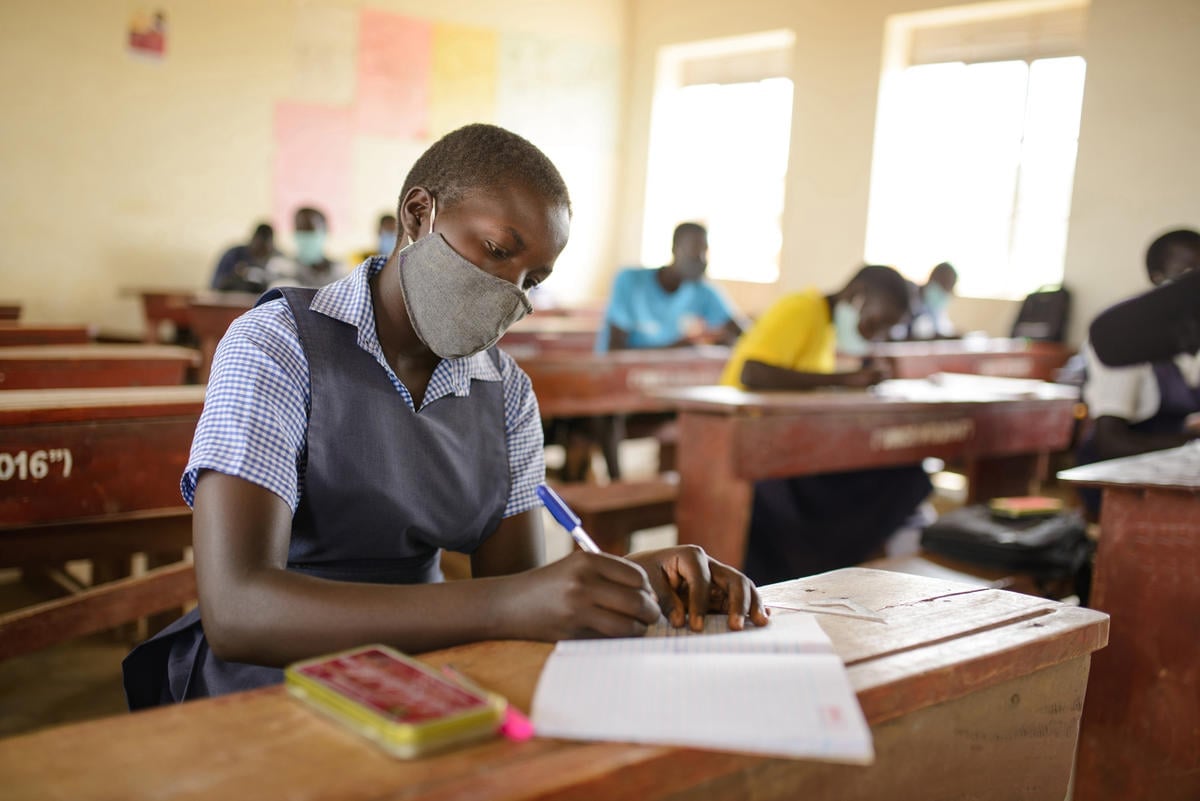Teacher's vision brings education to hundreds in Pakistani refugee village
Teacher's vision brings education to hundreds in Pakistani refugee village

MIANWALI, Pakistan, December 8 (UNHCR) - When Aqeela started her teaching career 22 years ago in northern Pakistan, the toughest and most important lesson she learned was that she had to first educate the parents about the importance of letting their children, especially the daughters, go to school.
She ran into this challenge after fleeing her native Afghanistan in 1992 and making her way to neighbouring Pakistan, where she found shelter in Kot Chandna refugee village located in Mianwali district.
The UN refugee agency had opened five schools for girls in Kot Chandna in the early 1980s, but the conservative refugee elders disapproved of education for girls and the school buildings remained empty for almost 10 years.
Then Aqeela - married, middle class and 20 years old - arrived. Anxious to occupy her time and passionate about helping the children who had been forced to flee their homes and curtail their education, she saw an opportunity. The former Kabul high school teacher decided to try and revive the schools.
She went door-to-door in Kot Chandna and tried to persuade parents to send their daughters to school. "I struggled hard and managed to convince 20 parents," Aqeela recalled. "We had only one room at the house of my husband's brother where we used to dine and sleep. I borrowed a tent where I would teach refugee girls."
That was the first major hurdle, but Aqeela has faced many more challenges over the years. She has also taught thousands of students, many of whom have gone on to play an important role in their communities in both Pakistan and Afghanistan as doctors, engineers, government officials, businessmen and teachers. "They follow in my footsteps," she said. Thanks to her vision, 900 girls and 650 boys are now enrolled in nine schools in Kot Chandna. The students include Pakistanis.
In the early years, Aqeela gave her students hand-written copies of text books because she could not afford to get printed ones for the whole class. "I had no other option but to write my own book incorporating different subjects for the students," she recalled.
A breakthrough came in 1992; a local aid organization promised to support her, funding the purchase of books and stationery. "I was extremely happy when I got books, pencils, erasers and other items for the students. They also started paying me a monthly salary of 1,200 rupees [US$12]," she explained.
Meanwhile, Aqeela continued to lobby local parents to send their children to her school, and enrolment figures slowly rose. She faced a new obstacle the following year when the NGO ended its Pakistan programmes and withdrew support.
Aqeela and her husband both lacked a salary, but she told UNHCR that she never gave up and her perseverance paid off when the refugee agency "intervened and started supporting me in my endeavours. UNHCR provided me with five tents and I taught in them for two years."
When the refugee elders started to recognize the value of education and Aqeela's work, the numbers of students soared into the hundreds. UNHCR, which believes all refugee children should have access to education, agreed in 1994 to pay Aqeela her monthly salary.
The agency also supported nine primary schools that had sprouted up in Kot Chandna, paying for teachers' salaries, uniforms, teaching and learning materials, including textbooks, stationery and classroom supplies. Attendance-based incentives were introduced to encourage students, especially girls, to enrol or keep studying.
There are a total 620,000 school-aged Afghan refugee children in Pakistan. But only 150,000 attend schools, either in state schools, UNHCR-supported schools or low-cost private institutions. UNHCR provides primary education to about 75,000 students in 174 schools.
Being a mother of six, Aqeela has also worked hard to provide a solid education for her own children. She spends almost her entire salary to pay for her son to study engineering at Kabul University. But she can't afford to put her daughters through higher education. She said she hoped that her school would be upgraded to include secondary students "so that my students and my daughters can study further."
Aqeela, justifiably, feels proud about what she has done to educate Afghan refugee children, as well as local Pakistanis over the past two decades. "Perhaps God sent me to Pakistan to educate these children," she said, adding: "When I look back I feel so satisfied."
By Qaiser Khan Afridi in Mianwali, Pakistan


